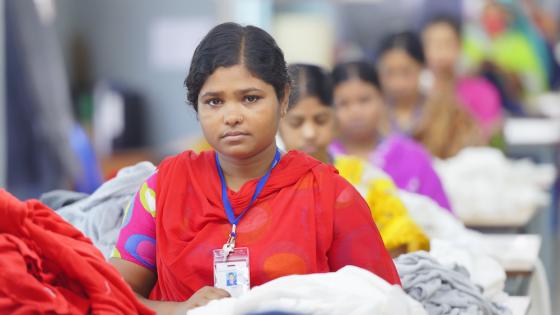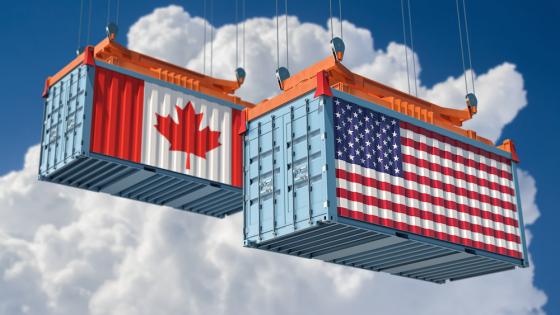Economists are usually sceptical of arguments about the public provision of infrastructure for sporting events, and rightly so (Siegfried and Zimbalist 2000). Agents that endorse the construction of new sports stadia or the staging of mega-events usually do so out of naivety or self-interest. In practice, these events are expensive – when London won the right to host the 2012 games, the Olympics were estimated to cost over $5.5 billion. Staggering as this sum was in 2005, it has since almost trebled (with years yet to go)! Such costs are not nearly compensated by either the revenues earned during the event or the legacy of large stadia or obscure facilities left behind (does London really need another velodrome?). The opening ceremonies of the 2008 Beijing Olympic Games are estimated to have cost at least $100 million when around 100 million Chinese live on less than $1/day. Can this possibly be a good use of the public treasury?
Perhaps; the doubts of professional economists are rarely shared by policy-makers and the population, who are typically quite enthusiastic about such spectacles. Maybe the economics profession as a whole is missing some potentially large benefit associated with mega-events? In a new paper I co-authored with Mark Spiegel, we take a new look at the economic impact of mega-events like the Olympics or the FIFA World Cup, focusing on international trade. Using a variety of trade models, we show that hosting a mega-event like the Olympics has a positive impact on national exports. This effect is statistically robust, permanent, and large – trade is around 30% higher for countries that have hosted the Olympics. Such a huge impact would go a long way towards offsetting the large costs associated with hosting a mega-event.
Why is hosting a mega-event associated with extra trade? Surely it is not (as the International Olympic Committee claims) because Olympic hosts greet more tourists or appear on TV screens for a few weeks. Rather, hosting a mega-event seems linked in practice with trade liberalisation. In July 2001, Beijing was awarded the right to host the Games of the XXIX Olympiad. Just two months later, China successfully concluded negotiations with the World Trade Organisation, thus formalising its commitment to trade liberalisation.
Nor is this a once-off coincidence. Rome was awarded the 1960 games in 1955, the same year that Italy started to move towards currency convertibility, joined the UN, and, most importantly, began the negotiations that lead two years later to the Treaty of Rome and the creation of the European Economic Community. The Tokyo games of 1964 coincided with Japanese entry into the IMF and the OECD. Barcelona was awarded the 1992 games in 1986, the same year Spain joined the EEC. The decision to award Korea the 1988 games coincided with Korea's political liberalisation. The correlation extends beyond the Olympics – the 1986 World Cup was held in Mexico coincident with its trade liberalisation and entry into the GATT.
Not so fast. It turns out that unsuccessful bids to host the Olympics also have an impact on trade, one every bit as big as the effect of actually hosting the games. That is, the Olympic effect on trade is attributable to the signal a country sends when bidding to host the games, rather than the act of actually holding a mega-event. A country that wishes to liberalise its trade may want to signal this by bidding to host a mega-event. In so doing, it generates extra trade-related investment and, more importantly, creates a political atmosphere where back-sliding on either trade liberalisation or the mega-event becomes difficult. Big trade liberalisations, just like mega-events, are rare and expensive events that are highly visible and have long lead times. And the costs of hosting a mega-event are also typically born by the segments of the economy that benefit most from trade liberalisation; this alignment of costs and benefits makes mega-event an effective signal of liberalisation.
The motivation for hosting a mega-event like the Olympics seems elusive to economists. Plausibly measured net economic benefits are rarely large and typically negative; claims of non-economic benefits are difficult to verify. Yet in practice countries compete fiercely for the right to host such events. Why? Our recent research identifies one potential explanation; countries that host the games enjoy a substantive permanent increase in trade – the “Olympic Effect.” Similar increases in openness are observed for countries that host other mega-events, such as the World Cup and, until recently, World's Fairs. But while hosting a mega-event is sufficient to boost trade, it is not necessary. In practice, we find that countries that bid for the Olympics unsuccessfully also experience a boost in trade, comparable to that received by actual Olympic hosts. This finding implies that the Olympic Effect on trade does not stem from a change in economic fundamentals, caused by the activity or infrastructure associated with hosting the Olympics. Instead, our empirical findings suggest that bidding for the Olympics is a costly policy signal that is followed by future liberalisation. For a country pursuing a trade-oriented development strategy, such an outcome would clearly be attractive.
References
A. K. Rose and M. M. Spiegel (2009). “The Olympic Effect” CEPR Discussion Paper 7248.
J. Siegfried and A. Zimbalist (2000). “The Economics of Sports Facilities and Their Communities” Journal of Economic Perspectives," 14(3): 95-114.


